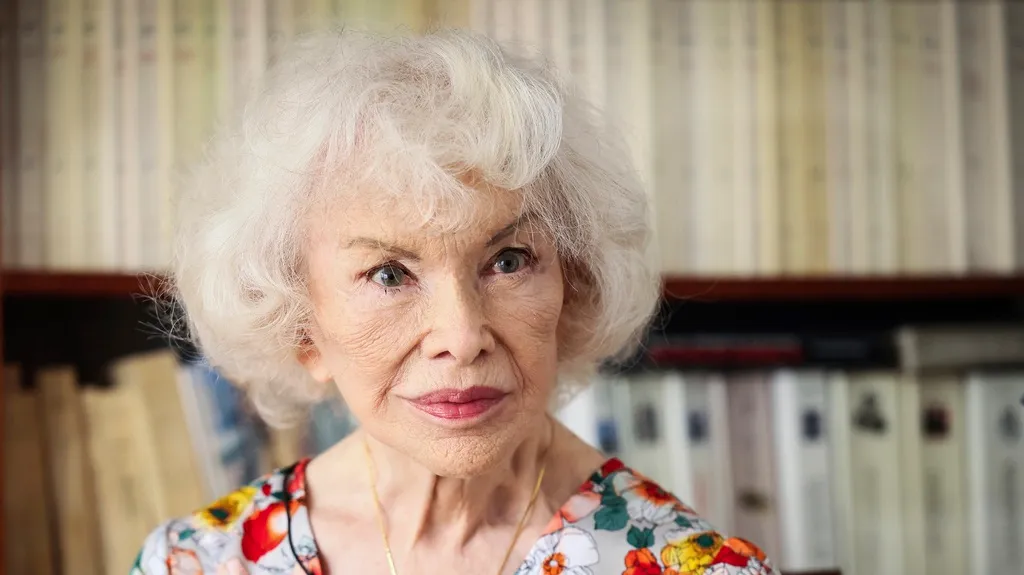January 6, 2016
Latvian Who Co-Wrote Worldwide Computer Virus Can Go Home
Larry Neumeister READ TIME: 2 MIN.
A Latvian computer code writer who admitted a role in spreading a virus to more than a million computers worldwide, including some at NASA, can return home after serving 20 months in prison.
Deniss Calovskis, 30, was sentenced Tuesday to time served. Calovskis, who pleaded guilty last summer to conspiring to commit computer intrusion, was not immediately freed because his extradition to the United States to face charges means he must be returned by authorities to Latvia.
U.S. District Judge Kimba Wood in Manhattan said she was impressed by his rehabilitation and wanted to ensure he was credited for more than 10 months he spent in a Latvian prison before he was sent to the United States.
His plea agreement had called for him to face 18 months to two years in prison for his role in creating and distributing a virus that infected between 17,000 and 40,000 U.S. computers, including 190 at NASA, from 2005 to 2012. Authorities said it reached more than 1 million computers across the world.
Prosecutors said in court papers that Calovskis was responsible in the conspiracy for developing computer code that deceived people into divulging personal information when they accessed particular banking websites.
"Rather than using his code-writing capability productively, he instead sold it to help others carry out a massive worldwide heist of personal banking information," Assistant U.S. Attorney Daniel Tehrani wrote.
Defense attorney David Bertan told the judge that Calovskis was motivated to join the conspiracy to make money during a downturn in Latvia's economy.
In court papers, Bertan said Calovskis received only $1,000 for his work.
"He did not create or write the Gozi virus, he did not participate in collecting data from infected computers, and he did not personally use that data to access financial institutions," the lawyer said in court papers.
Before the sentence was announced, the soft-spoken Calovskis apologized.
"What I did was wrong. ... I must say it was the biggest mistake," he said.


